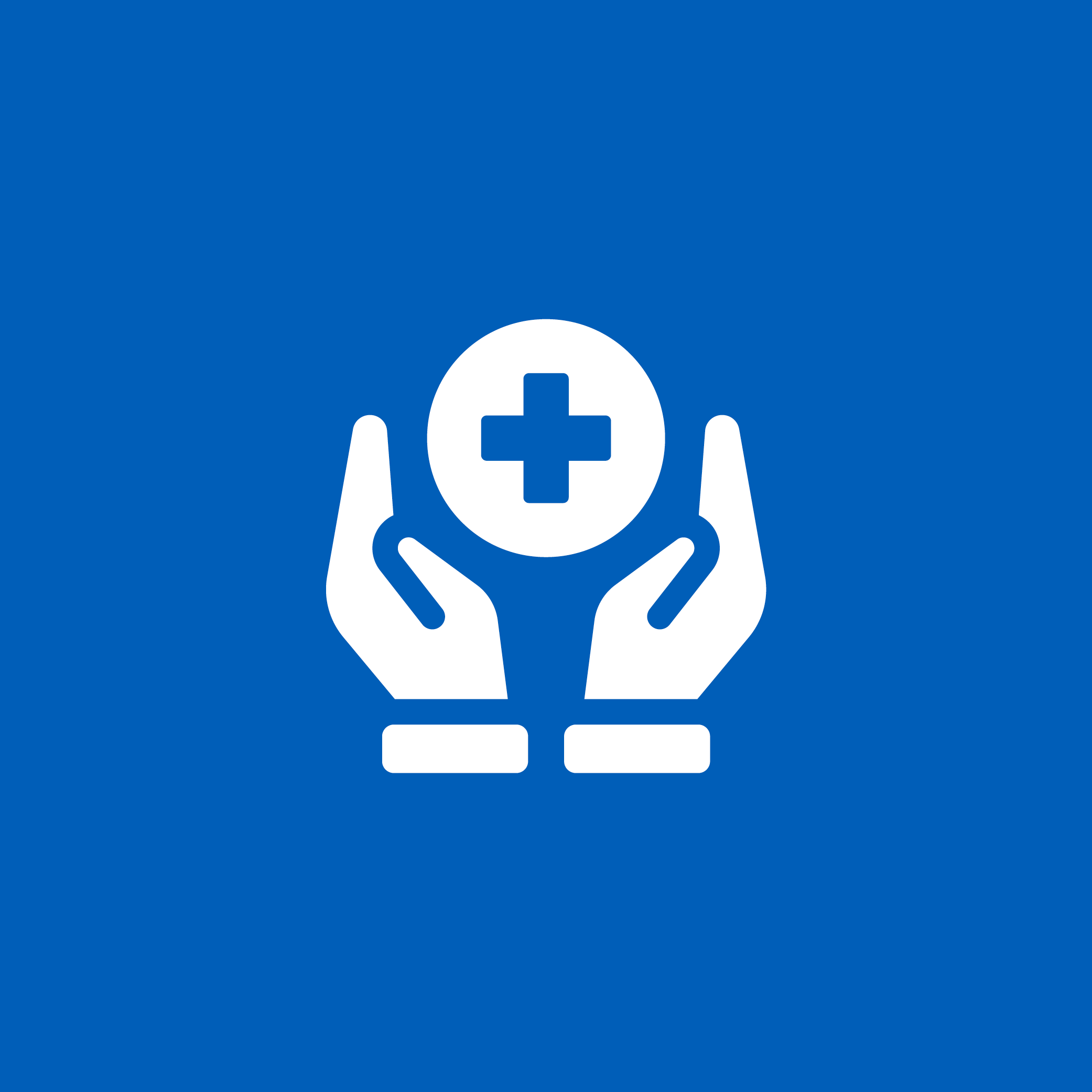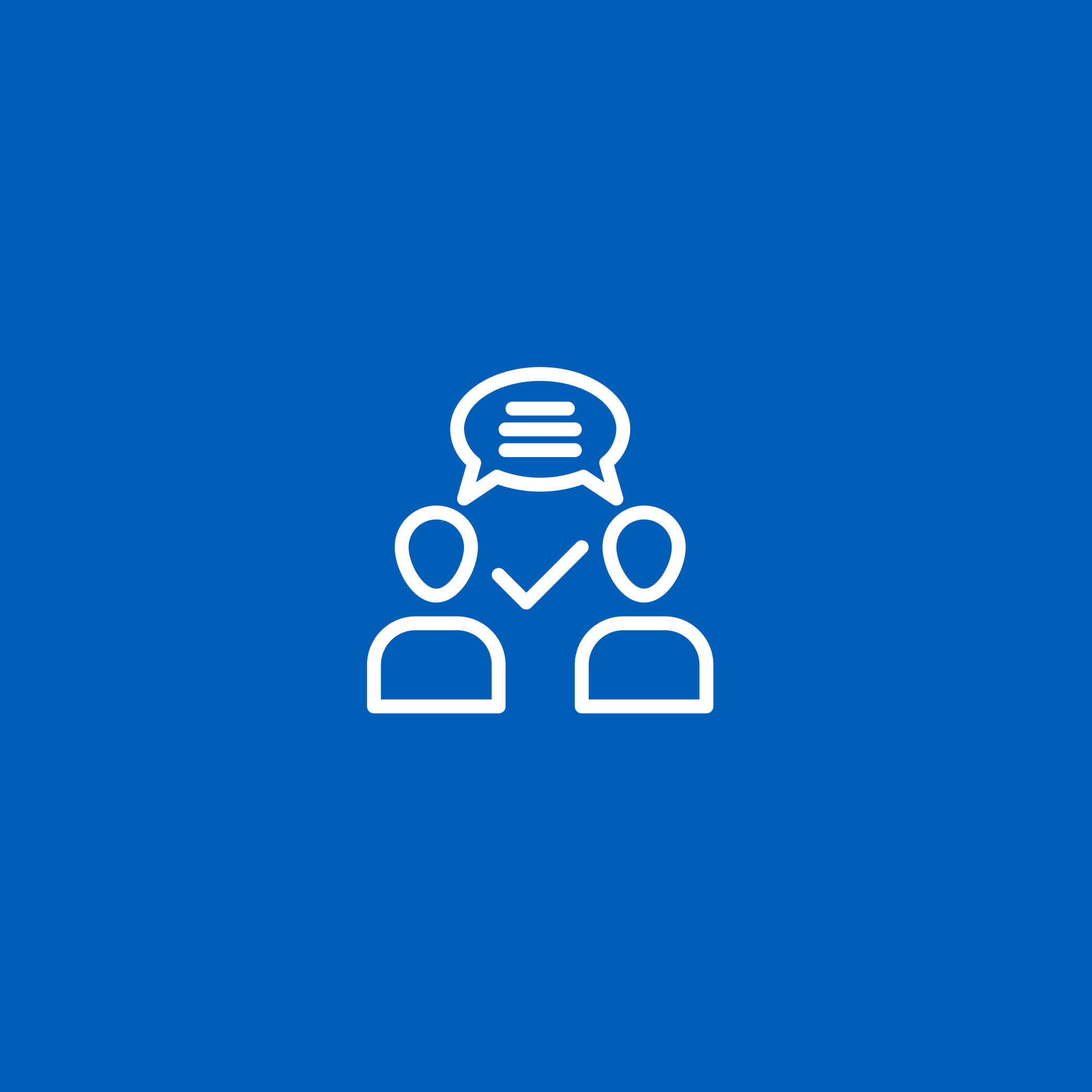Cardiac and Respiratory Diagnostics at Liverpool University Hospitals is comprised of the following departments:
- Cardio-Respiratory Unit – Royal Liverpool University Hospital
- Cardiology Laboratories – Aintree University Hospital
- Respiratory Laboratories – Aintree University Hospital.
As an organisation, we perform specialist heart and lung tests for patients across the North West and beyond.
The results we provide give concise information which doctors, and other health practitioners can then utilise to manage a patient's condition.
We provide services across our three hospital sites Aintree University Hospital, Broadgreen Hospital and the Royal Liverpool University Hospital, as well as several walk in/ health centres including:
- South Liverpool Treatment Centre – ECG and Blood Pressure (BP)
- Norris Green Health Centre – ECG and Blood Pressure (BP)
- Old Swan Health Centre – ECG and Blood Pressure (BP)
- Litherland Town Hall – ECG
- Maghull Health Centre – ECG
- Waterloo Health Centre – Spirometry
- Netherton Health Centre – Spirometry
- Southport Health and Wellbeing – Spirometry.
More information
Cardiology
From your GP
Your GP can directly refer you for an ECG or blood pressure monitor. If your GP has requested an open access ECG – you can attend the department between 9am and 4.30pm, Monday to Friday. No appointment is needed.
If your GP has referred you for a 24-hour ECG or echocardiogram, they are vetted before you are able to book an appointment.
Once vetting has taken place you will receive a letter on how to book in for your test. This is via the choose and book service.
From your consultant/ hospital doctor
Your consultant or hospital doctor can directly refer you for a test. Once we receive your referral, we will book you into the next available appointment and send you a letter. You will also receive a text message if you have provided us with a mobile number.
You are unable to self-refer for any tests within the department. All appointments are booked in line with national targets. The average wait for most investigations is four weeks from referral. All patients needing an echocardiogram will be seen within six weeks of referral.
Respiratory
From your GP
Your GP can directly refer you for a Spirometry if you live in North Liverpool.
From your consultant/ hospital doctor
Your consultant or hospital doctor can directly refer you for a test. Once we receive your referral, we will book you into the next available appointment and send you a letter. You will also receive a text message if you have provided us with a mobile number. You are unable to self-refer for any tests within the department.
All appointments are booked in line with national targets. The average wait for most investigations is four weeks from referral.
-
Aintree University Hospital
Address: Aintree University Hospital
Lower Lane
Fazakerley
Liverpool
L9 7ALFor maps and other information visit our Getting Here page for Aintree University Hospital
-
Royal Liverpool University Hospital
Address: Royal Liverpool University Hospital
Prescot Street
Liverpool
Merseyside
L7 8XPFor maps and other information visit our Getting Here page for Royal Liverpool University Hospital
-
Broadgreen Hospital
Address: Broadgreen Hospital
Thomas Drive
Liverpool
L14 3LBFor maps and other information visit our Getting Here page for Broadgreen Hospital
Broadgreen Hospital
We are in the outpatient department within the Alexandra Wing.
Royal Liverpool University Hospital
We are located on the 1st Floor of the Royal Liverpool University Hospital overlooking the atrium.
In the community
We are located within the main walk-in area of the health centres.
Aintree University Hospital
Respiratory Labs
Tower Block
6th Floor
Ward 18
Cardiology Laboratories
Clinics A&B on the ground floor.
AHCS
All qualified staff are required to register with the academy of healthcare science professional register. This can be found here:
BHF
British Heart Foundation has more information on conditions, the types of tests we perform and the role of a clinical physiologist.
BSE
We are accredited with the British Society of Echocardiography.
ARTP
We use ARTP guidelines with our respiratory testing
- Association for Respiratory Technology & Physiology
- British Heart Foundation- Quick guide to an ECG
Cardiac investigations we perform
- 12 lead ECG
- Ambulatory ECG monitoring (24-hour ECG, event monitoring, eclipse)
- Ambulatory BP monitoring (24-hour blood pressure monitors)
- Community ECG analysis
- Tilt table testing
- Carotid sinus massage
- Exercise tolerance testing
- Transthoracic echocardiography
- Transoesophageal echocardiography
- Contrast echocardiography/ bubble study
- Stress echocardiography
- Pacemaker implantation
- Pacemaker follow-up
- LINQ implant service.
Respiratory Investigations we perform
- Spirometry
- Pulmonary function testing
- End tidal CO2
- FeNo Testing
- Cardio-pulmonary exercise testing
- Six-minute walk testing
- Bronchial challenge testing
- Saline challenge testing
- Muscle strength testing.
When you attend our department, you will be greeted by our reception staff who will book you in. You will then be called in for testing by a member of staff who will introduce themselves and will explain what the test entails and answer any questions or concerns you may have. Both male and female staff work in the department. If you would prefer a specific gender to perform your test, please inform the department prior to your appointment.
Once your test is complete, in most cases you will be free to leave the department to either go home or to the next area you have been advised to go to. Your results will be stored digitally and attached to your electronic notes. Your doctor will have access to this system. The department no longer provides paper results/ copies.
Depending on the complexity of your test you will be seen by either a clinical physiologist or associate practitioner/ assistant technical officers. All staff have received enhanced training to be able to deliver the best possible patient care.
As this is a teaching hospital you may be seen by a student. Students are easily identifiable by their yellow lanyard. Students will always be supported or supervised by a qualified member of staff, however if they are nearing the end of their training may work independently.


